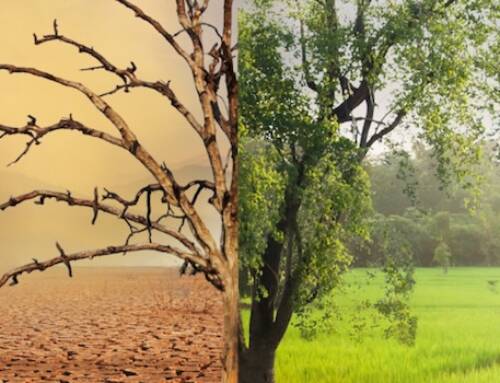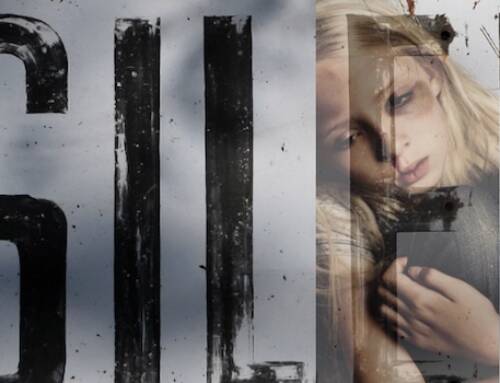
The unheard cry: Sexual Violence Persisting Despite Endless Pleas for Justice
Introduction
On 15th October, 2024 a 7 year old Grade one student, Cwecwe, who was attending a primary school in South Africa was raped while at school. Her mother noticed that her daughter was unwell, took her to the hospital where the sexual assault was confirmed. She took the matter up with the responsible channels but nothing was done until her desperation caused her to turn to social media for help. Today a petition is ongoing to get “Justice for Cwecwe”.
Despite decades of activism, legal reforms and public outrage, sexual violence remains a crisis that is deeply entrenched in societies around the world. The story of Cwecwe is not unique. It mirrors countless others. Voices that have long grown hoarse from being silenced or even ignored when they cry out for justice. Why, despite tireless advocacy, does sexual violence continue to be a global epidemic?
The Perpetual Crisis: A Global Failure to Act
The story of Cwecwe is emblematic of a bigger problem where institutions that are meant to protect victims of sexual violence often fail them. It is alleged that her school concealed the crime, prioritizing their reputation over accountability. This pattern of inaction is not exclusive to South Africa—it is seen in schools, workplaces, and homes around the world. Even when they do act, the justice is delayed and we all know that delayed justice is in itself injustice.
In South Africa alone, police recorded over 53,000 sexual offenses in 2022, a number that barely scratches the surface of reality, as most cases go unreported due to stigma, fear, and lack of trust in law enforcement. Whether it is survivors in Uganda being pressured to stay silent or Indigenous women in Australia facing systemic neglect, the cycle remains the same: cries for help, temporary outrage, then silence. To paint a bigger picture of the grim reality, the World Health Organization (WHO) estimates that 1 in 3 women worldwide experience sexual or physical violence in their lifetime.
Barriers to Justice: More Than Just Laws
Despite the fact that countries have enacted strict laws against sexual violence, these legal frameworks often do not translate into justice. Survivors of sexual violence continue to experience victim-blaming and social stigma where many of them are accused of lying, exaggerating, or “inviting” the violence through their behavior, dressing or appearance. Delayed justice with legal proceedings that can drag on for years and end up re-traumatizing survivors and discouraging others from coming forward also remains a problem despite efforts to address this issue. In order to have real tangible change, society MUST move beyond reactionary outrage and place sustained pressure on governments, law enforcement and communities to create a culture of accountability and action.
The Role of Human Rights Advocacy
Organizations like the International Society for Human Rights (ISHR) and many other grassroots movements in different societies have been instrumental in amplifying survivor voices. However, advocacy must go beyond awareness and amplifying voices, it must drive systemic change. This can take the form of gender-based violence education in schools to change attitudes from an early age, establishing independent investigative bodies to ensure that institutions do not shield perpetrators, as well as global cooperation on sexual violence cases, ensuring accountability even across borders.
Conclusion: A Call to Action
Survivors of sexual violence do not need sympathy. They need action. The world cannot afford to wait for another high-profile case before reacting. Governments must enforce existing laws, institutions must be held accountable, and communities must stand with victims. We cannot afford to have voices silenced anymore or victims be too timid and faithless towards the enforcement bodies that they fail to speak up against such acts. The cries for help have been loud and clear for too long. The real question is: Will we finally listen?
Mercy Melody Arindagye





